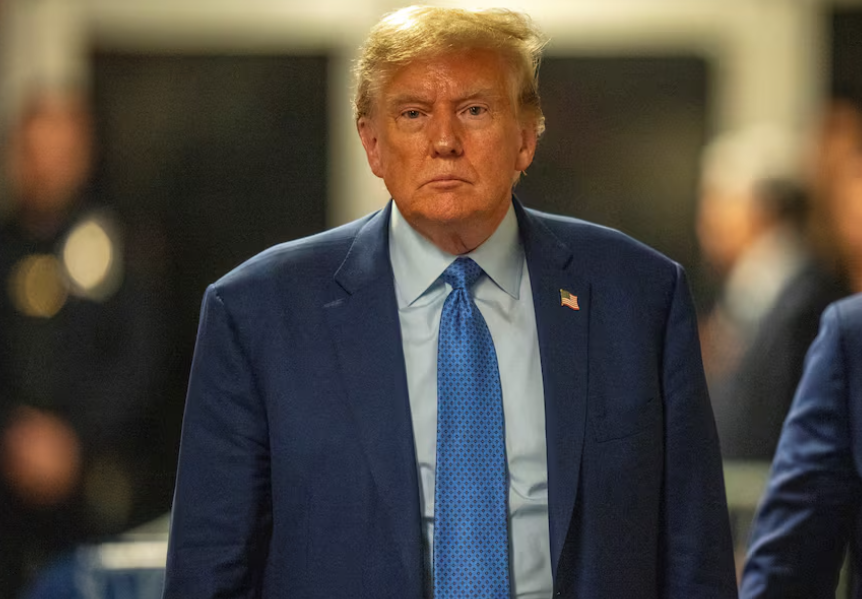On Tuesday, a New York appellate court denied President-elect Donald Trump’s attempt to delay his sentencing, which is set for Friday, for his conviction on criminal charges related to hush money payments made to a porn star. Associate Justice Ellen Gesmer of the Appellate Division made the decision after a hearing on Trump’s last-minute effort to block the trial judge’s ruling from Monday.
Justice Gesmer Rejects Trump’s Appeal
Justice Ellen Gesmer held a hearing on Tuesday afternoon, where Trump’s lawyer, Todd Blanche, argued that presidential immunity should extend to the transition period between the election and inauguration. Gesmer pressed Blanche for any legal precedent supporting this claim, but Blanche admitted that no such case existed.
Gesmer asked Steven Wu, a lawyer for Manhattan District Attorney Alvin Bragg’s office, to respond to Trump’s argument that sentencing would interfere with the presidential transition. Wu countered that the trial judge, Justice Juan Merchan, had already taken measures to prevent such interference by scheduling the sentencing before the inauguration, allowing Trump to appear virtually, and indicating he would not impose a prison sentence.
Trial Judge’s Rulings and Trump’s Sentencing
Justice Juan Merchan, who presided over the trial, rejected Trump’s request on Monday to delay the sentencing. He labeled the delay request as a repetition of previously dismissed arguments. Merchan set the sentencing date for Friday, noting that an unconditional discharge—placing a judgment of guilt on Trump’s record without fines or probation—would be the most practical approach, given Trump’s imminent return to the presidency.
Despite Merchan’s indication that he would not impose a prison sentence, Blanche raised concerns about the possibility. Gesmer dismissed these concerns as unhelpful and focused on the core issue of presidential immunity.
Trump’s Reaction and the Hush Money Case
Following the hearing, Trump criticized the court’s decisions, claiming that a “crooked judge” was complicating a smooth transition. He reiterated his innocence, stating, “I did nothing wrong.” The case revolves around a $130,000 payment made by Trump’s former lawyer, Michael Cohen, to adult film actress Stormy Daniels to prevent her from discussing an alleged sexual encounter with Trump. Trump has consistently denied the encounter.
The hush money case marks the first time a U.S. president—sitting or former—has been charged and convicted of a crime. Trump’s legal team has unsuccessfully tried to dismiss the case twice, arguing it would impede his ability to govern. However, Merchan ruled that the case concerns Trump’s personal conduct, not official acts.
As the sentencing date approaches, Trump continues to assert that District Attorney Alvin Bragg, a Democrat, brought the case to undermine his 2024 election campaign. Bragg maintains that his office routinely prosecutes felony falsification of business records.

